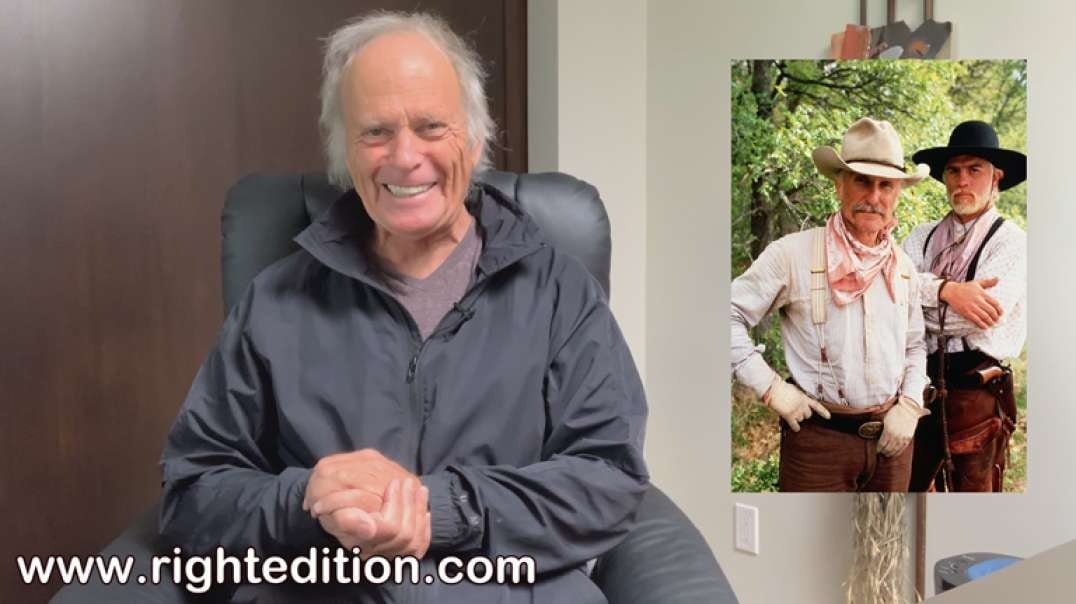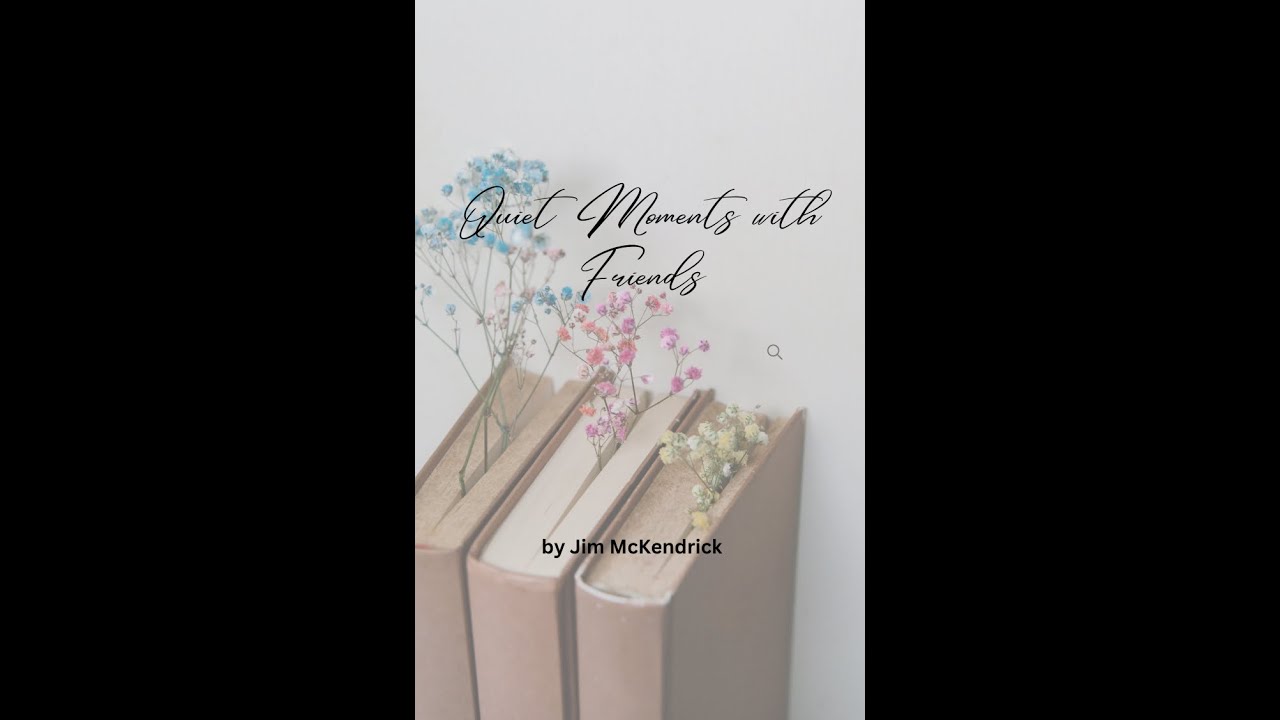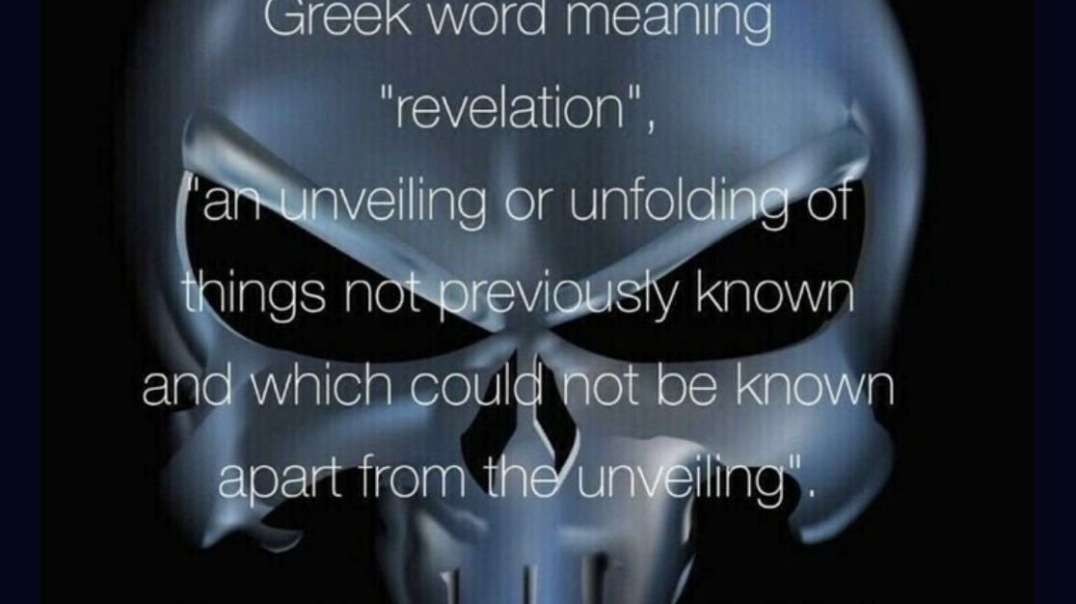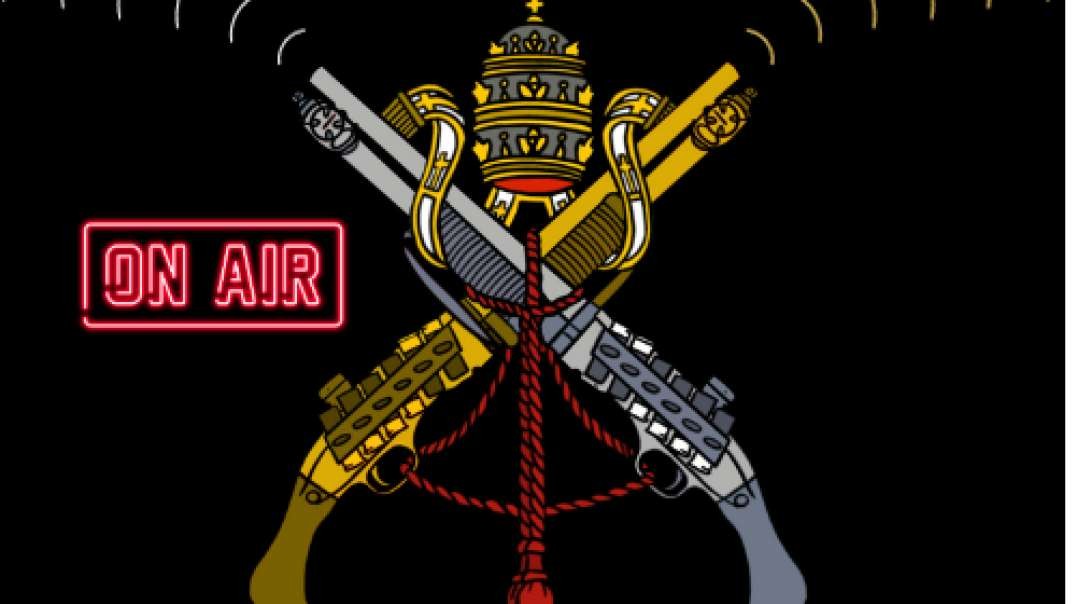Imaginary Fisticuffs & The Warm Embrace of Friends
Last week, we covered 1 Peter 2:18–25, where the Apostle gives specific instructions to household slaves who had become part of the body of Christ. His instruction to those household slaves in verses 18–20, to submit to their masters, was anchored in a principle Peter unfolded in verses 21–25, namely, the glorious gospel of Jesus’ suffering and subsequent glory.
So even though we did look at verses 21–25 from 30,000 feet last week, there is just too much glory there not to get down into these sentences and walk around a bit. So that’s what we’re doing this morning.
In these verses, our brother Peter heralds the most gloriously freeing, radically beautiful, awesomely glorious truth in the Universe—as he puts it in verse 24, that Jesus “…bore our sins in his body on the tree, that we might die to sin and live to righteousness.” Or as he puts it in verse 27, “Christ… suffered for you, leaving you an example, so that you might follow in his steps.”
We’ll see two parts of this truth: The for us part and the leaving an example part—that is, the substitution of the gospel and its subsequent call to imitation in the gospel. These are two truths that lots of people want you to believe are engaged in a fistfight, that lots of people will talk about as if they are at war with one another, in tension with one another, or some other kind of theological fisticuffs.
And yet what Peter is going to show us is that—far from being in tension, these two facets of our salvation embrace in warm, brotherly affection.
That these two facets of our salvation are like gravity and falling down, are like drinking and having your thirst quenched, are like planting a peach tree and harvesting peaches—they are by necessity related to each other like a cause and an effect. 1 Peter 2:21–25,
“For to this you have been called, because Christ also suffered for you, leaving you an example, so that you might follow in his steps. He committed no sin, neither was deceit found in his mouth. When he was reviled, he did not revile in return; when he suffered, he did not threaten, but continued entrusting himself to him who judges justly. He himself bore our sins in his body on the tree, that we might die to sin and live to righteousness. By his wounds you have been healed. For you were straying like sheep, but have now returned to the Shepherd and Overseer of your souls.”
-1 Peter 2:21–25




















